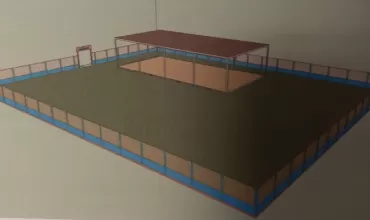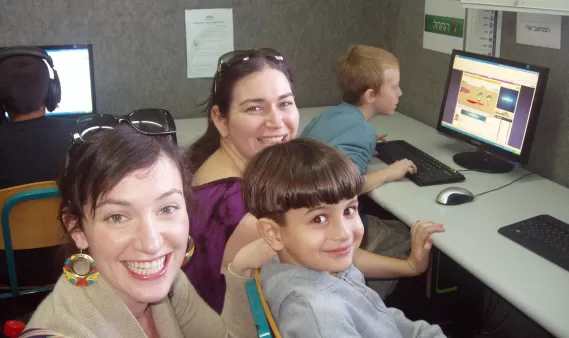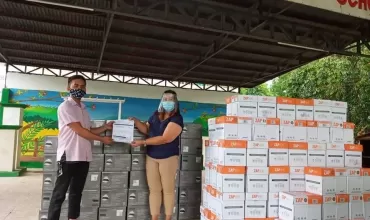
The Jaffa Institute was established in 1982 as a private, non-profit, multi-service social agency to assist the city of Jaffa's disadvantaged children and their families. Our mission is to provide educational, therapeutic, and social enrichment programs that help children develop the skills and attitudes they need to break the cycle of intergenerational poverty in the impoverished communities of Jaffa and South Tel Aviv. The Jaffa Institute’s programs connect children with mentors from within the community, build their confidence, and support their growth into healthy, educated, flourishing adults. Holistic in approach and responsive to the diverse needs of those we serve, the Jaffa Institute operates over 30 different program initiatives, ranging from educational enrichment, food security, and women’s empowerment programs to crisis residences for at-risk youth. Each year, the Jaffa Institute provides service and relief to 4,000 citizens. In 2001, the Institute was awarded the President’s Prize for Most Outstanding Voluntary Organization.
Children who live in especially high-risk areas benefit enormously from after school programs, which provide a safe and nurturing alternative to unsupervised hours on the streets. After school programs have been shown to improve children’s academic achievement, thereby reducing the likelihood that they will drop out of school. After school programs provide a safe environment in which children can grow and learn. In order to address this need, the Jaffa Institute has modern computer facilities at all of its After-School Activity Centers. The children learn to use Microsoft Word and Excel, and are given the opportunity to support their academic learning through math, Hebrew and English educational computer programs. Additionally, the children enjoy continued access to the facilities so that they can also learn, explore and play during their recreational time.
Project Goals:
- Prevent children under the age of 12 to drop out of school
- Provide them with a safe and educational environment
- Prevent them from wondering around the streets after school and eventually dragged to crime and violence
- Give them full access to the online and computer program-based learning available, have a sound understanding of computer technologies from a young age
- Motivate them to peruse higher education and gain more advantage on children their age


